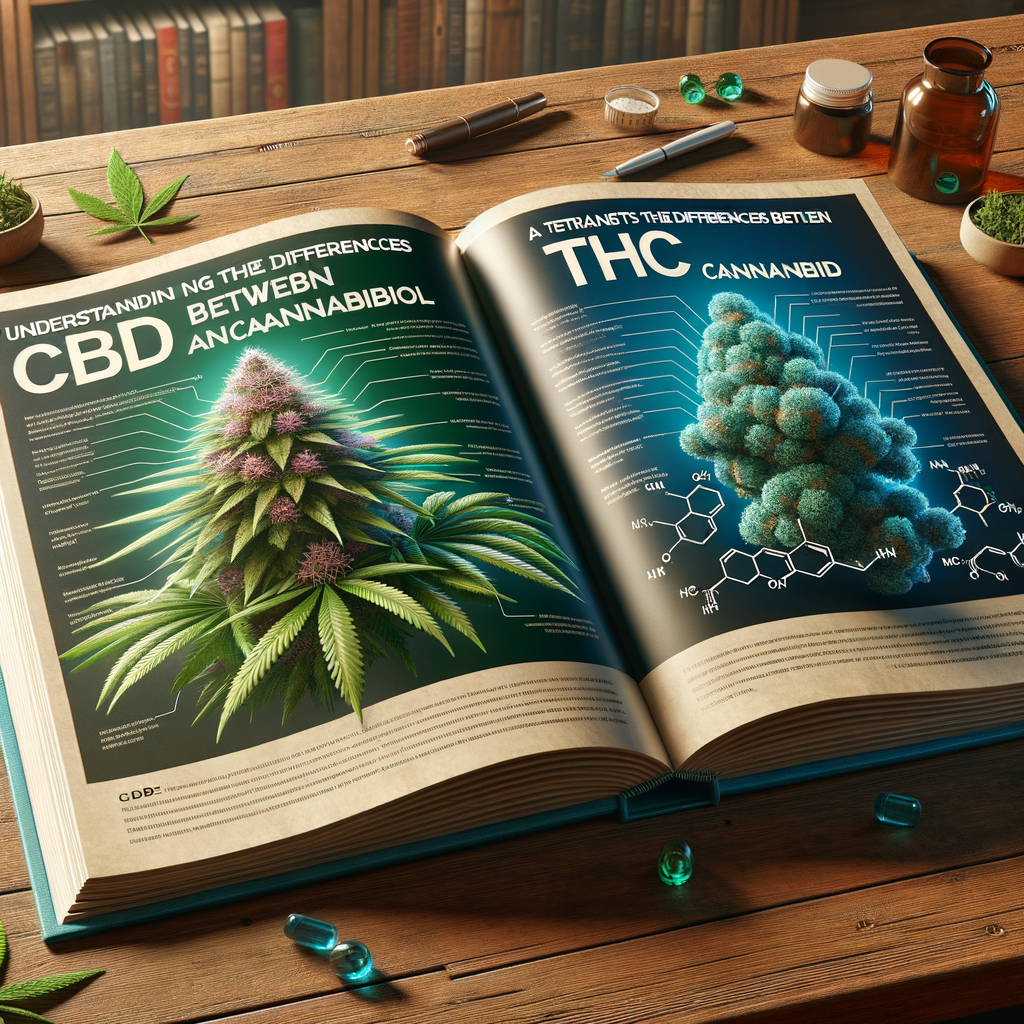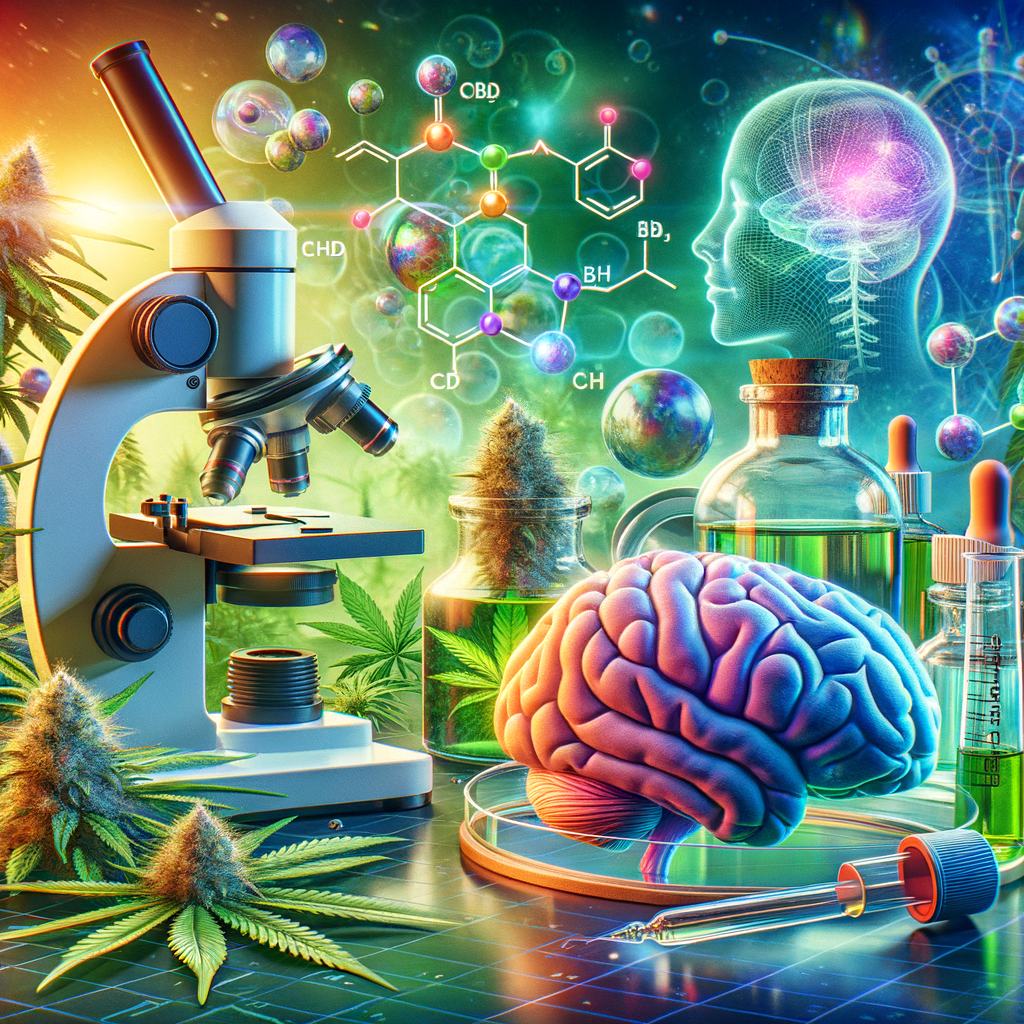Understanding the Differences Between CBD and THC: A Comprehensive Guide
In recent years, the conversation surrounding cannabis has gained significant traction, particularly concerning two of its most famous compounds: Cannabidiol (CBD) and Tetrahydrocannabinol (THC). While both are derived from the cannabis plant, they exhibit distinct properties and effects that are essential to understand. This blog post endeavours to elucidate the differences between these two cannabinoids, outlining their chemical structures, effects, uses, and legal standings.
1. Chemical Structure
At the molecular level, CBD and THC share a similar chemical formula, yet they differ in structure, which ultimately influences their effects on the human body.
1.1 Cannabidiol (CBD)
- Chemical Formula: C21H30O2
- Structure: CBD does not induce psychoactive effects.
- Common Sources: Hemp plants, which are low in THC.
1.2 Tetrahydrocannabinol (THC)
- Chemical Formula: C21H30O2
- Structure: The unique arrangement allows THC to bind more readily with CB1 receptors in the brain.
- Common Sources: Marijuana plants, which are typically high in THC.
2. Psychoactive Effects
The most notable difference between CBD and THC lies in their effects on the mind and body. THC is renowned for its psychoactive properties, leading to the “high” sensation that many associate with marijuana use. In contrast, CBD has no psychoactive effects.
2.1 Effects of THC
THC interacts predominantly with CB1 receptors in the brain, resulting in:
- Altered perception
- Increased appetite
- Relaxation
- Heightened sensory perception
2.2 Effects of CBD
Conversely, CBD interacts more with CB2 receptors, which are primarily located in the immune system, leading to:
- Anti-inflammatory properties
- Potential anxiety reduction
- Anti-seizure effects
- Neuroprotective qualities
3. Medical Uses
Both CBD and THC have proven beneficial in various medical applications, though their uses differ significantly.
3.1 Medical Uses of THC
- Pain relief: Often used for managing pain in chronic conditions.
- Nausea and vomiting: Particularly beneficial for cancer patients undergoing chemotherapy.
- Appetite stimulation: Useful in patients who struggle with appetite due to illness or treatments.
3.2 Medical Uses of CBD
- Epilepsy: Specifically for treatment-resistant epilepsy syndromes.
- Anxiety disorders: Showing promise in reducing anxiety in various settings.
- Inflammatory conditions: Aiding in the management of conditions such as arthritis.
4. Legal Status
The legal landscape surrounding cannabis and its derivatives is complex and varies by region. Below is a simplified overview:
4.1 Legal Status of THC
- Generally classified as a controlled substance in many jurisdictions.
- Legal in countries that have legalized recreational or medical marijuana.
4.2 Legal Status of CBD
- Legal in various forms across many regions, especially when derived from hemp with less than 0.3% THC.
- Still subject to regulation and requires compliance with local laws.
Conclusion
Understanding the differences between CBD and THC is crucial for anyone interested in cannabis, whether for recreational or medical purposes. Each compound offers unique benefits and effects, and knowledge of their distinctions empowers consumers to make informed decisions regarding their use. As research progresses and the legal status evolves, we can expect ongoing developments in the field of cannabinoids that will further illuminate their potential.
As always, it is recommended to consult with healthcare professionals before incorporating CBD or THC into your wellness routine.
There you have it… See what works for you…
Campbell M Gold
To Create Health, Wealth, Success, and Longevity through the Power of Your Subconscious Mind, Visit: Campbell M Gold.com
Visit The Store and see what else can be of help


